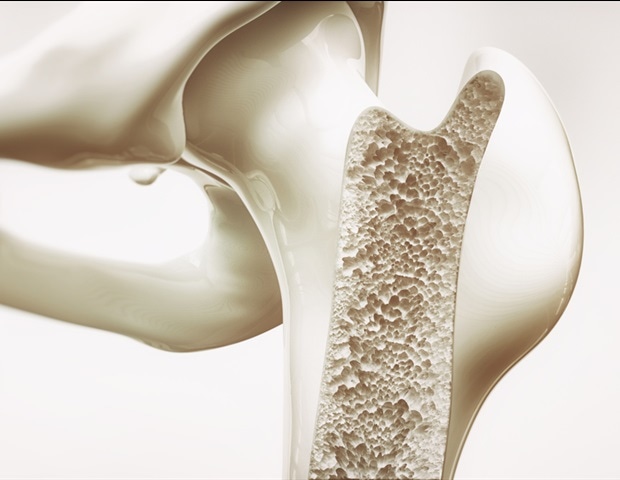Researchers at Wake Forest University of School of Medicine have received a five-year, $1.5 million grant from the National Institute of Arthritis and Musculoskeletal and Skin Diseases, part of the National Institutes of Health (NIH), to study bone microarchitecture in patients following bariatric surgery. With the funding support, researchers at Wake Forest University School of Medicine will partner with Virginia Tech to add a virtual biopsy that uses an innovative technique called high-resolution peripheral quantitative computed tomography (HR-pQCT) to an ongoing randomized controlled trial.
Strategies to Reduce the Onset of Sleeve Gastrectomy Associated Bone Loss (STRONG BONES), is a clinical trial that is testing whether risedronate, an osteoporosis medicine, can minimize bone and muscle loss that often occurs after weight-loss surgery. The study is a collaboration by researchers at Wake Forest University School of Medicine and Wake Forest University's health and exercise science department. "Bariatric surgery offers many health benefits to patients with severe obesity, but weight loss can also be associated with a decrease in bone mass, which increases fracture risk," said Ashley Weaver, Ph.

D., associate professor of biomedical engineering at Wake Forest University School of Medicine and the principal investigator leading the HR-pQCT ancillary study to the STRONG BONES trial. The HR-pQCT scanner is a state-of-the-art device, recently installed at Atrium Health Wake Fores.
















